Description
Norplat 75mg contains Clopidogrel, an antiplatelet medicine used to prevent blood clots in patients at risk of heart attack, stroke, or other vascular problems. It is a prodrug, meaning it needs to be metabolized by liver enzymes (CYP450) into its active form. Once active, Clopidogrel irreversibly blocks the P2Y12 receptor on platelets, preventing them from clumping together. Since this effect lasts for the lifespan of platelets (7–10 days), it helps reduce the risk of dangerous clot formation.
Uses
Doctors prescribe Norplat 75mg for:
-
Secondary prevention of atherothrombotic events in patients who had a recent myocardial infarction, ischemic stroke, or established peripheral arterial disease
-
Prevention of stroke and clot-related complications in patients with atrial fibrillation (when unsuitable for Vitamin K antagonists), usually combined with low-dose aspirin
-
Long-term prevention of cardiovascular events in high-risk patients
How It Works
Clopidogrel prevents platelets from sticking together by:
-
Blocking ADP binding to its P2Y12 receptor
-
Preventing activation of the GPIIb/IIIa complex, which normally allows platelets to clump
-
Irreversibly affecting platelets until they are replaced (7–10 days)
This mechanism reduces the risk of clot-related heart and brain events.
How to Use
-
Take with or without food, once daily, as directed by your doctor.
-
Swallow the tablet whole with water.
-
Try to take it at the same time every day.
-
Do not stop taking Clopidogrel suddenly without consulting your doctor, as it may increase the risk of clot formation.
When Not to Use
Do not take Norplat 75mg if you have:
-
Allergy to Clopidogrel or any tablet component
-
Active bleeding disorders (such as peptic ulcers or intracranial hemorrhage)
-
Severe liver disease
Precautions & Warnings
-
Risk of bleeding: report unusual bruising, nosebleeds, or blood in urine/stool immediately.
-
Use cautiously in patients with moderate liver impairment.
-
Not recommended within the first 7 days of an acute ischemic stroke.
-
Monitor for acquired haemophilia (rare but possible).
-
Inform your doctor before surgery or dental procedures, as this medicine increases bleeding risk.
Possible Side Effects
Some patients may experience:
-
Stomach pain, indigestion, diarrhea, nausea or vomiting
-
Rash or itching
-
Headache, dizziness, drowsiness
-
Palpitations or fainting (rare)
-
Bleeding complications (gastrointestinal bleeding, bruising, nosebleeds)
-
Rare: blood disorders such as neutropenia
Seek immediate medical help if you notice severe bleeding, chest pain, sudden weakness, or vision problems.
Drug Interactions
Do not use Norplat with:
-
Warfarin, Heparin, Glycoprotein IIb/IIIa inhibitors, Thrombolytics → ↑ bleeding risk
-
NSAIDs, SSRIs → ↑ bleeding risk
-
Omeprazole, Esomeprazole → may reduce Clopidogrel’s effect
-
Certain antifungals and antidepressants → may interfere with metabolism
-
Other antiplatelets (aspirin, ticlopidine) → increases bleeding risk (should be combined only if prescribed)
Storage
-
Store at room temperature, away from heat and direct light.
-
Keep out of reach of children.
Doctor’s Overview — Dr. Saad Ahmed, MBBS, FCPS
Clopidogrel is prescribed after a heart attack, stroke, or stent placement to prevent blood clots. It is effective when taken regularly, but patients should never stop it without medical advice. Any unusual bleeding should be reported to a doctor immediately.
Disclaimer
This overview is for educational purposes only. Clopidogrel is a prescription medicine and should be used only under the supervision of a qualified healthcare professional.

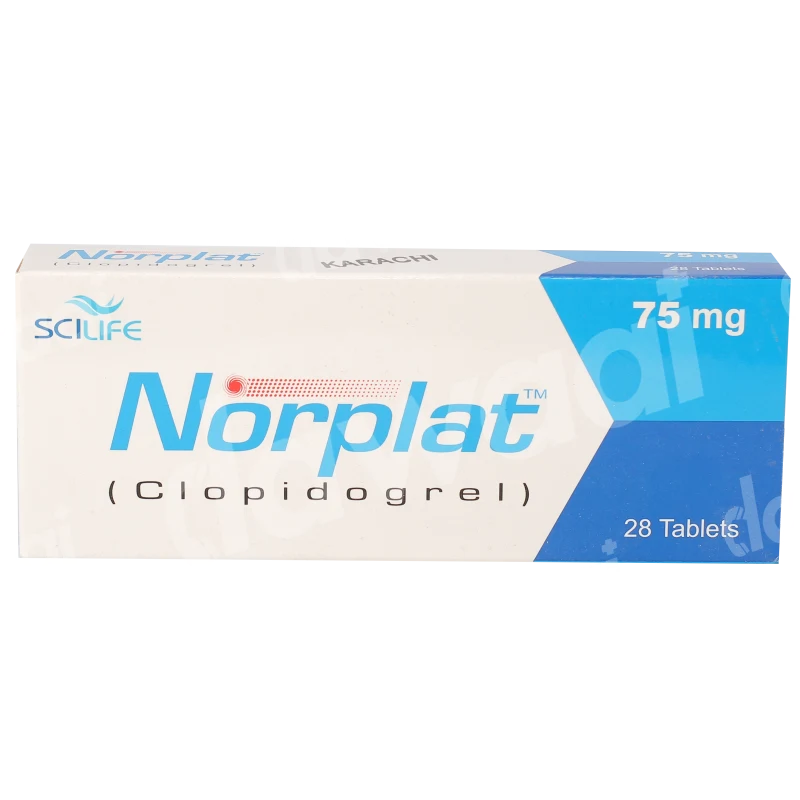
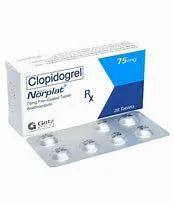
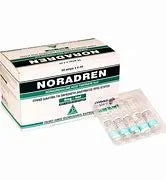
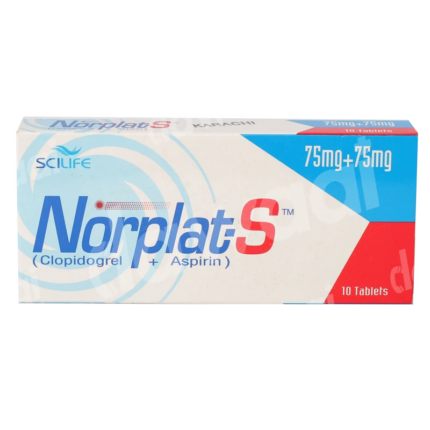

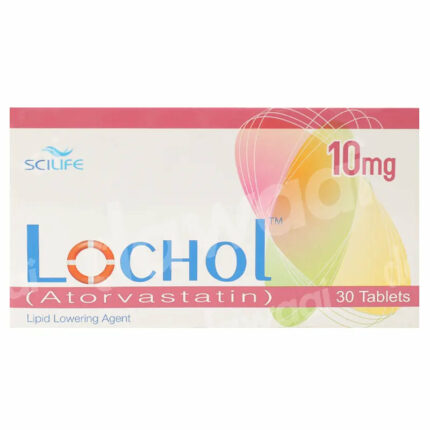
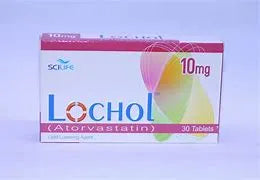
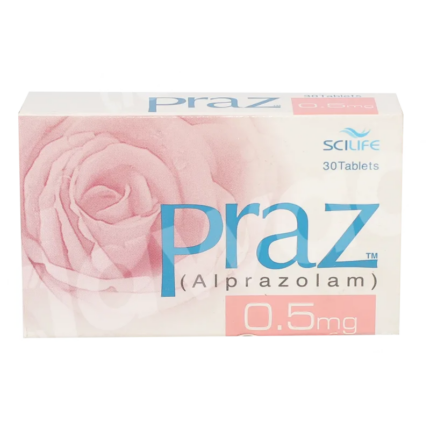
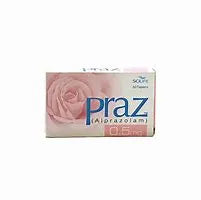
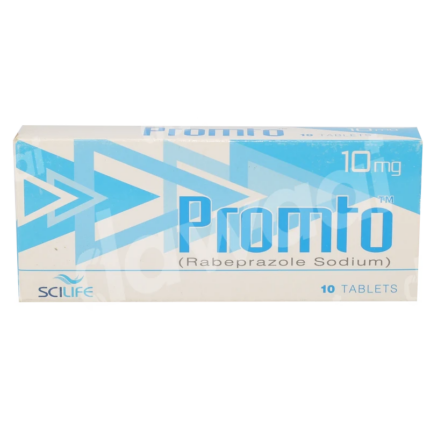
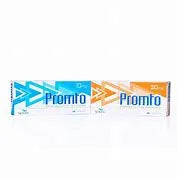
Reviews
There are no reviews yet.